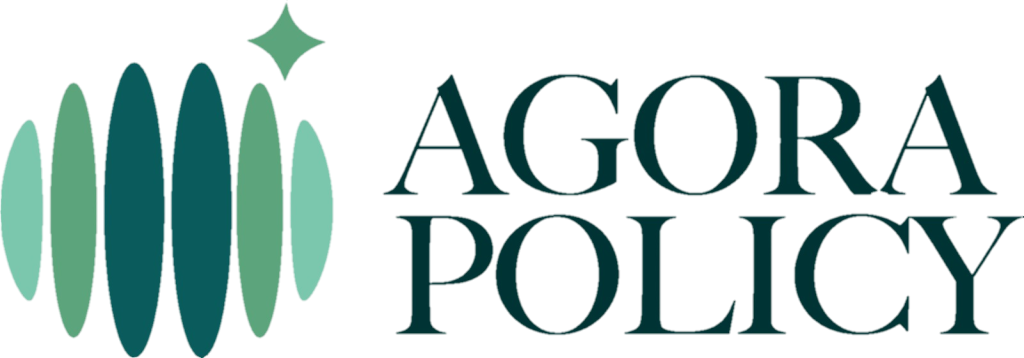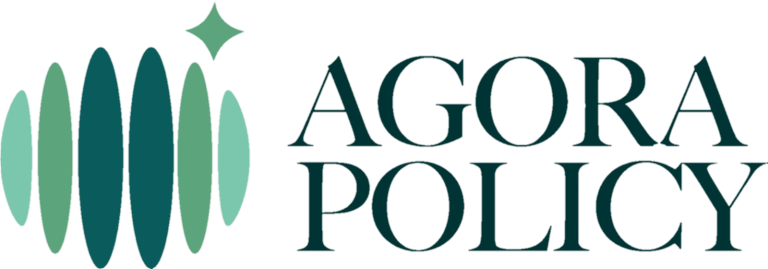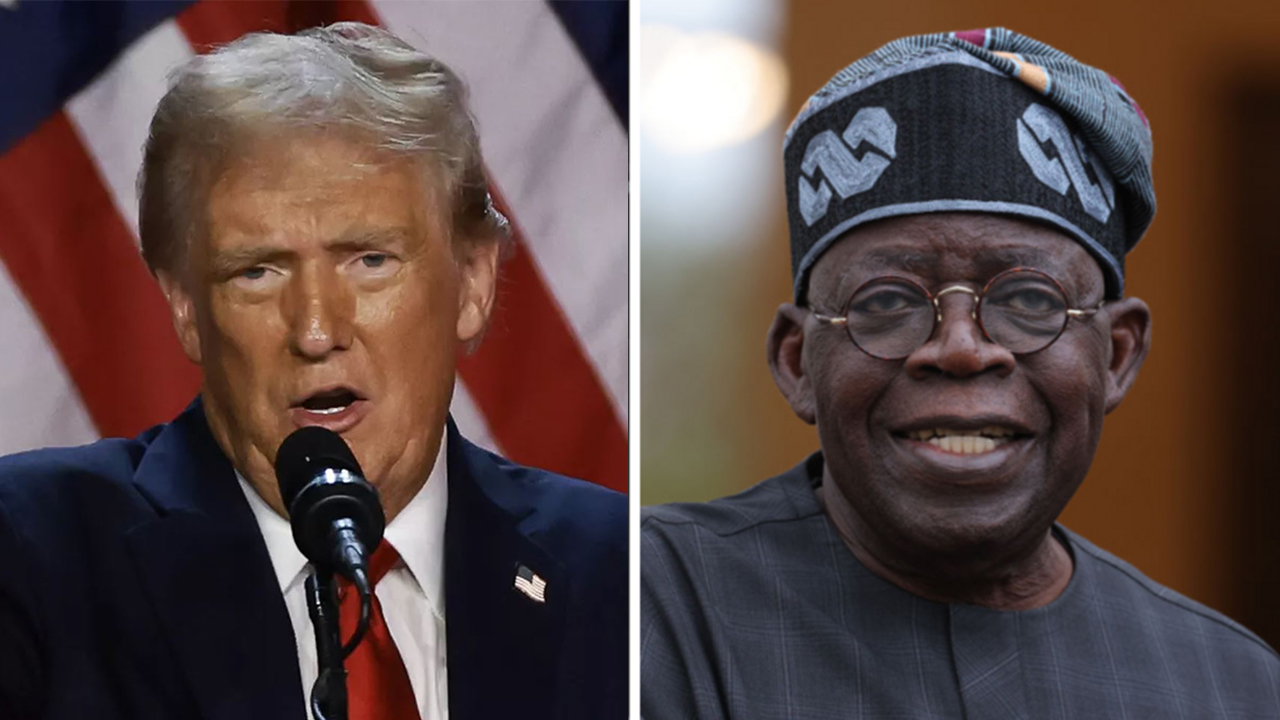By Adebayo Ahmed | For only the second time in US history, a president who lost re-election will return to the White House. Regardless of personal views on Donald J. Trump, he has made history and will return with a policy agenda likely to differ significantly from that of departing President Joe Biden.
The obvious question for Nigeria, and many other African countries south of the Sahara, is what the implications will be for their development agendas.
Trump’s agenda in general—and specifically for Africa—is still unclear. Although various policy statements have been made, it's often easier to propose policies before taking office than to enact and implement them while in office. As we like to say here, “You campaign in poetry and govern in prose.” Nonetheless, we can glean some insight from his election promises and policy choices during his first term.
Strong Dollar Means a Weaker Naira, but Lower Rates Might Help
The first of these is his “America First” agenda, which from an economic perspective means prioritising US issues. A likely outcome of this policy is a stronger US dollar, which by definition means a relatively weaker Naira—especially since the Naira is often defined by its exchange rate with the dollar. A weaker Naira, in turn, leads to relatively higher prices for internationally-traded goods like fuels and staple foods, all else being equal.
On the macroeconomic level, “America First” might lead to a slower global economy, which could prompt interest rate cuts around the world. This would be beneficial for Nigeria and other countries facing foreign debt challenges. It could also result in lower crude oil prices, which may have mixed effects for Nigeria: negative if we see ourselves as a net petroleum exporter, but positive if we prioritise our role as a net consumer wanting lower energy prices.
Trade War Escalation Brings Both Opportunities and Challenges
A second major anticipated consequence of Trump’s “America First” policy is an escalation in tariff wars, with expectations of increased tariffs on goods entering the US—definitely from China and possibly from other countries. Trump has signaled his intention to slap up a tariff of up to 60% on all goods imported to the U.S. from China. This is significantly larger than the 10% to 25% tariffs levied on some goods from China during his first time. This is in addition to 100% tariffs threatened on good from Mexico with other partners, such as the European Union and the United Kingdom, gearing up for a more confrontational trade policy regime.
This rise in trade restrictions implies that becoming an export-led economy, which Nigeria likely needs to pursue, will be more challenging. As countries erect trade barriers, global growth may slow, impacting exports and aspiring exporters worldwide. Yet, there are opportunities for agile economies. For instance, during Trump’s first round of tariffs, countries like Vietnam and India positioned themselves as alternatives to China, gaining easier access to the US market. Meanwhile, Brazil and Argentina benefited from retaliatory tariffs imposed by China on US agricultural exports. The distinction between “When two elephants fight, the grass suffers” and “Chaos is a ladder” depends on how well we position ourselves to navigate this shifting global trade landscape.
Policy Towards Africa—and Nigeria—Likely to Remain Unchanged
Finally, we can consider the potential impact of a second Trump presidency on direct relations with Nigeria. Known as a dealmaker, Trump will likely ask, “What does Nigeria have to offer the United States?” Our answer would traditionally be “crude oil.” However, the United States, now the world’s largest crude oil producer, is largely energy self-sufficient. One of Trump’s popular campaign slogans was “Drill, baby, drill,” emphasizing the need for the US to exploit its petroleum resources. In short, Nigeria currently has little to offer the US, meaning it is unlikely to feature prominently on Trump’s agenda. From an economic standpoint, he is more likely to focus on African regions rich in resources that align with the US renewable energy agenda, such as the Lobito Corridor.
On the security front, Trump may take some interest in managing the crisis in the Sahel, but it’s likely to be seen as primarily an EU concern and perhaps used as a bargaining chip in US-EU relations. Additionally, since Nigeria and the Sahel are not seen as significant migration sources for the US, it’s unlikely to be a major focus. There may be increased scope for bilateral security partnerships as Republican administrations have been historically more open to overlooking some of the human rights concerns that plague security apparatus in Nigeria. Still, this will largely be dependent on our capacity to finance these deals as our strategic importance for the United States will likely remain to be seen as minimal.
Also to be expected is a reduction in direct development spending in Africa, including Nigeria, which officially received about $800m in 2023. Although this is likely before all the deductions by development consultants in Washington DC. Therefore, any perceived impact of USAID and other American development agencies will likely diminish.
Conclusion
In conclusion, the shift in US policy under the next Trump administration is likely to have macroeconomic implications and create potential trade-related opportunities. However, it is safe to say that Nigeria will likely be overlooked in Washington DC policy circles for at least another four years. The implication for Nigeria is simply to continue its focus on pragmatic development solutions with all partners, east or west. If there are increased opportunities for partnerships with the Trump administration, then they should be explored. But it is better to proactively plan for a scenario where there is no appetite from President Trump.





